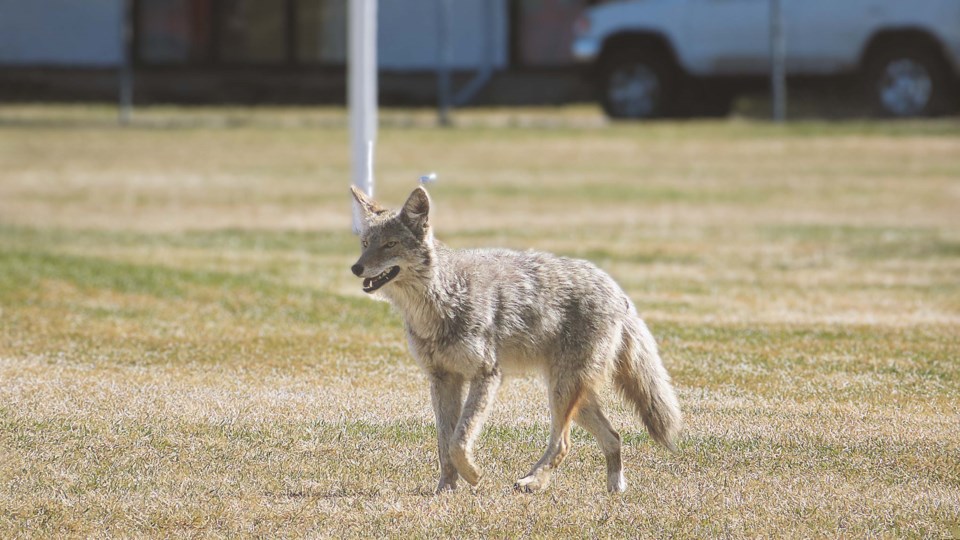January gave us news of a pack of coyotes attacking a Border Collie near the shores of the . In February, two joggers were bit in separate incidents in Stanley Park — one so bad she now reportedly requires and months of recovery. Taken together, conservation officers say there are more than a dozen other such attacks this year in the Â鶹´«Ã½Ó³»park.
Is this natural behaviour or are these wild canines getting more aggressive?
A new from the University of Alberta has found, once again, humans are to blame. The culprit, according to a study looking at 100 urban coyotes in Edmonton, is a carb-rich diet rich of human food.
Recently published in the journal Scientific Reports, the study found human food, like compost and fast food waste, could wreak havoc on the health and behaviour of coyotes, in particular, the microbiomes in their guts.
The potential knock-on effects were found to include diminished nutrition and immune function in the same way dogs suffer from eating human food rich in carbohydrates. That can leave the animals susceptible to parasites, but also make them more likely to show conflict-prone behaviour.
“One urban coyote in our study was lethally managed because it attacked and killed a large domestic dog, an uncharacteristically aggressive behavior for an urban coyote,” write the authors of the study.
Whether jogging along Stanley Park’s seawall or the PoCo Trail, it’s not uncommon to see coyotes. But the often timid wild animals will usually run away when challenged. What is not common are coyotes chasing after people.
After the attacks in Stanley Park, conservation officers said coyotes only start to lose their wariness of humans when they become comfortable around humans, usually a result of direct or indirect feeding, and Â鶹´«Ã½Ó³»city council is even now considering a new bylaw ticketing anyone caught feeding wildlife.
They might have more science on their side than they know.



